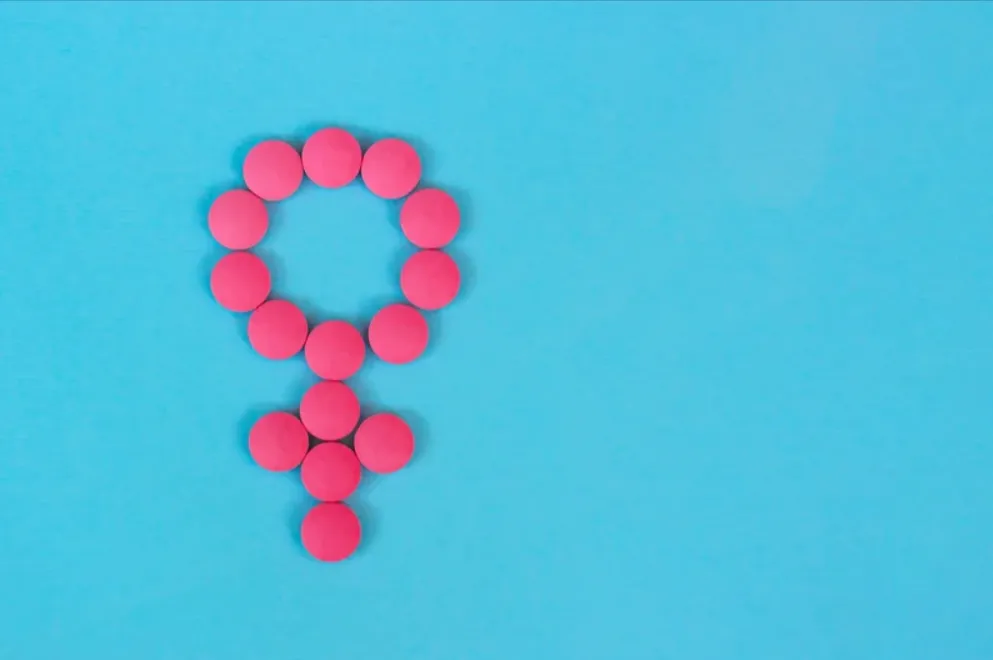Menopause can feel like one big question mark—when does it officially start? Do I need hormone tests? Can I still get pregnant?
If you’ve been searching for clear, science-backed answers, you’re in the right place. Here are the most common menopause questions answered in a simple, no-nonsense way.
How Will I Know When I’ve Reached Menopause?
Menopause is officially reached when you’ve gone 12 consecutive months without a period.
Sounds simple, right? Not so fast. Perimenopause can be unpredictable—you might skip periods for months and then suddenly have one again. That’s why doctors only confirm menopause after a full year with no bleeding.
🚨 What if I start bleeding again after menopause?
- It’s rare to have a period after menopause.
- Any unexpected vaginal bleeding should be checked by a doctor to rule out potential health concerns.
Should I Get My Hormone Levels Tested?
For most women, hormone tests aren’t necessary. Why? Because during perimenopause, hormone levels fluctuate constantly, making blood tests unreliable.
📌 When hormone testing might be helpful:
✔️ If you’re under 40 and experiencing symptoms of early menopause.
✔️ If you’ve had a hysterectomy (uterus removal) but still have ovaries—since you won’t have periods to track menopause.
✔️ If you’re trying to determine fertility status.
⚠️ At-home menopause tests?
- Over-the-counter FSH urine tests are available but not very reliable—FSH levels can vary widely.
- Saliva hormone tests? Many alternative health practitioners offer them, but they aren’t considered accurate.
🚨 Bottom line? If you’re experiencing menopause symptoms, talk to your doctor instead of relying on home tests.
When Can I Stop Using Birth Control?
Surprise! Even if your periods are irregular, you can still get pregnant during perimenopause.
Use contraception until:
✅ One full year after your last period (if you don’t want more children).
✅ Forever if you’re with a new or non-monogamous partner—because STIs don’t care about menopause.
🚨 Think you’re in the clear? Many unplanned pregnancies happen in women over 40 who thought they were done.
The Bottom Line
Menopause is not a one-size-fits-all experience, and getting clear answers can help you navigate this transition with confidence.💬 What’s your biggest menopause question? Drop it in the comments and let’s keep the conversation going! 👇









